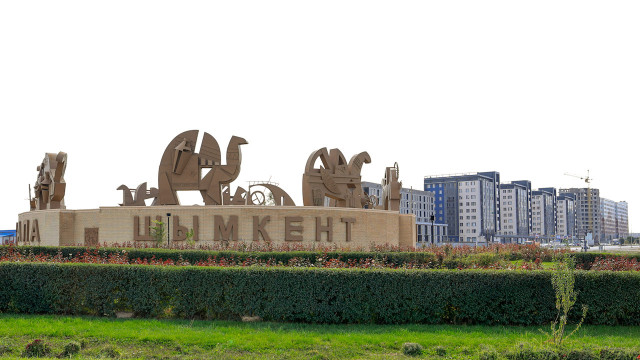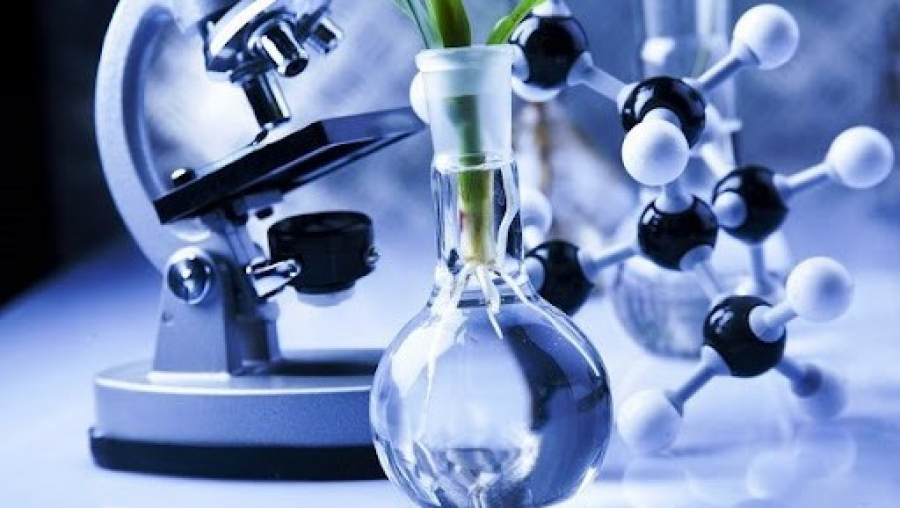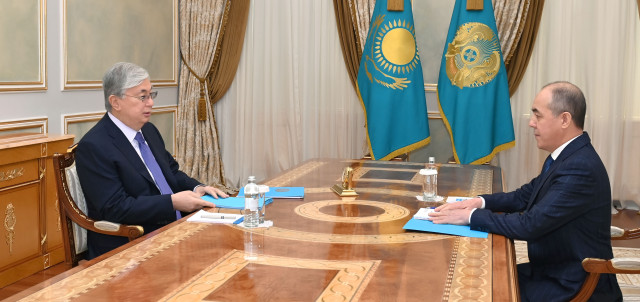
The outcomes of a project on promoting the reduction of methane emissions in Kazakhstan were summed up at the 7th Eurasian Business Forum ‘Green Energy & Waste Recycling Forum’ in Astana. With the support of the Embassy of the United States, Kazakhstan has been carrying out comprehensive work on monitoring the situation with methane emissions into the atmosphere since last October. The activities also involved trainings for representatives of the energy and agriculture industries, online meetings with local executive bodies and the preparation of a special road map. The main goal is to support Kazakhstan in joining the global initiative, developed by the U.S. and the European Union to reduce methane emissions by 30 percent by 2030. More than 150 countries are committed to this pledge to date. Kazakhstan is already on track to that, said U.S. Ambassador to Kazakhstan Daniel Rosenblum.
“Through this program, we are hoping that the knowledge of the danger of methane be spread and measures can be taken to reduce that in the oil and gas sector, in energy generally, which is really the biggest source of methane. There is also methane coming from the agricultural sector as well. So, our hope is that through this work, through these projects, Kazakhstan will be able to sign on the Global Methane Pledge. And also to join the agreement for Clean Air, through which Kazakhstan will be able to receive many other means of help to reduce methane,” he noted.
According to experts, methane accounts for nearly a fifth of global greenhouse gas emissions. Despite this, it is recognized as a producer of clean energy, the most important component of biogas, which can completely replace natural gas in the future.
“It is necessary to reduce these emissions by equipping landfills, where this gas is extracted. Biogas is exactly the extracted gas, an admixture of carbon dioxide, methane, hydrogen sulfide and other minor gases. Biogas produced through anaerobic fermentation can be used in alternative energy. It can be purified from carbon dioxide to be used as natural gas in the future,” said Bikamal Yessirkegenova, project coordinator on methane emissions reduction in Kazakhstan.









